And although we try to be unbothered by the harsh weather, many of us will not feel like ourselves— a symptom that can be attributed to seasonal affective disorder.
If you’re somebody who feels sad, irritable, or low on energy during the winter months, you’re not alone. In fact, many people experience seasonal affective disorder (SAD), a type of depression that’s common in the fall and winter. SAD has been linked to a biochemical imbalance in the brain prompted by shorter daylight hours and less sunlight in winter.
As seasons change, many of us will also experience a shift in our biological internal clock, creating an imbalance in our daily schedule. As such, it’s important for us to make healthy choices and take care of ourselves— especially during the colder months of the year. There are a couple of simple remedies that could benefit those who suffer from the winter blues.
Keep reading for a list of ways to help ease the symptoms of SAD:
Diet
Making healthy dietary choices may help those who suffer from SAD. Besides tasting great and nourishing your body, food also has a major influence on appetite and mood. Research demonstrates that certain foods affect our neurotransmitters, a powerful mood-modifying brain chemical which is present in higher concentrations after meals.
According to Harvard Health Publishing, 95% of your serotonin, a neurotransmitter that helps regulate sleep and emotion, is produced in your gastrointestinal tract. Therefore, a brain that is deprived of good-quality nutrition can expect worsening symptoms of mood disorders such as depression.
Fortunately, you can take control your diet! We recommend looking for a variety of whole foods and beverages that support a healthy immune system. Studies have compared “traditional” diets, like the Mediterranean diet, to “Western” diets and found that the risk of depression is lower in those who eat a traditional diet. This is because traditional diets tend to include foods that contain healthy fats and healthy carbs, such as fresh fruits, vegetables, nuts, seeds, and fish, with only modest amounts of meats and dairy.
Lastly, try to avoid processed or refined foods which can promote inflammation and oxidative stress.
Vitamin D
Experts suggest that SAD is partially due to a lack of vitamin D, which is produced by natural light. Vitamin D, an essential nutrient in your body, is needed for many vital processes such as building and maintaining strong bones. Often referred to as “the sunshine vitamin”, the sun is one of the best sources of this nutrient.
However, the opportunities for adequate sun exposure are significantly less during the winter seasons. As such, people can boost their vitamin D levels by drinking milk, consuming fatty fish and seafood, mushrooms, and egg yolks.
Exercise
Doing physical activity can be beneficial for anyone who is suffering from symptoms of depression. Exercise releases feel-good chemicals such as serotonin and endorphins, which are hormones that reduce pain and increase feelings of happiness. In addition, exercise can improve your metabolism, which helps to boosts energy levels throughout the day. Other benefits of exercise include increased self-esteem, reduced anxiety, and improved sleep.
You don’t have to be an intense weightlifter or professional athlete to reap the benefits of exercise. In fact, just 15 minutes a day of low-impact aerobic activities, such as walking, dancing, or yoga, can help you overcome the winter blues.
Supplements
While there are several methods to treat SAD, from cognitive behavioural therapy to light therapy lamps, one of the more common ways is with supplementation. With proper supplements, you can ensure that your body is getting enough of the vitamins and nutrients that it needs.
Vitamin D, omega 3 fatty acids, fish oil, folic acid are all supplements that can improve your wellbeing and help you overcome SAD.
It’s important to maintain good health year-round. But when the harsh weather starts to take a toll on your physical and mental health, try these simple tips for improving your wellbeing!
For more information about supplements and whether they’re right for you, please don’t hesitate to call or drop by your local HERC’s store.




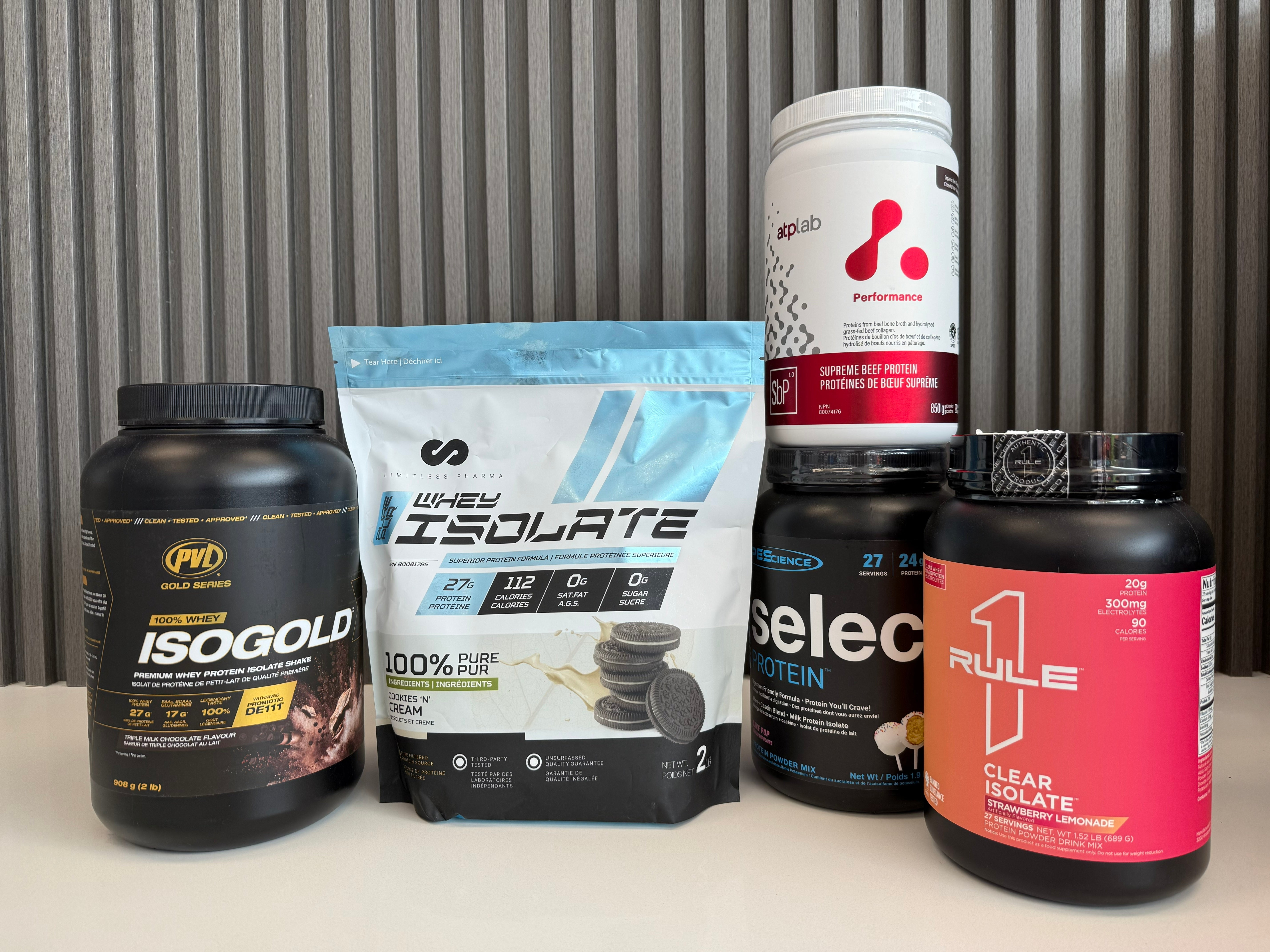
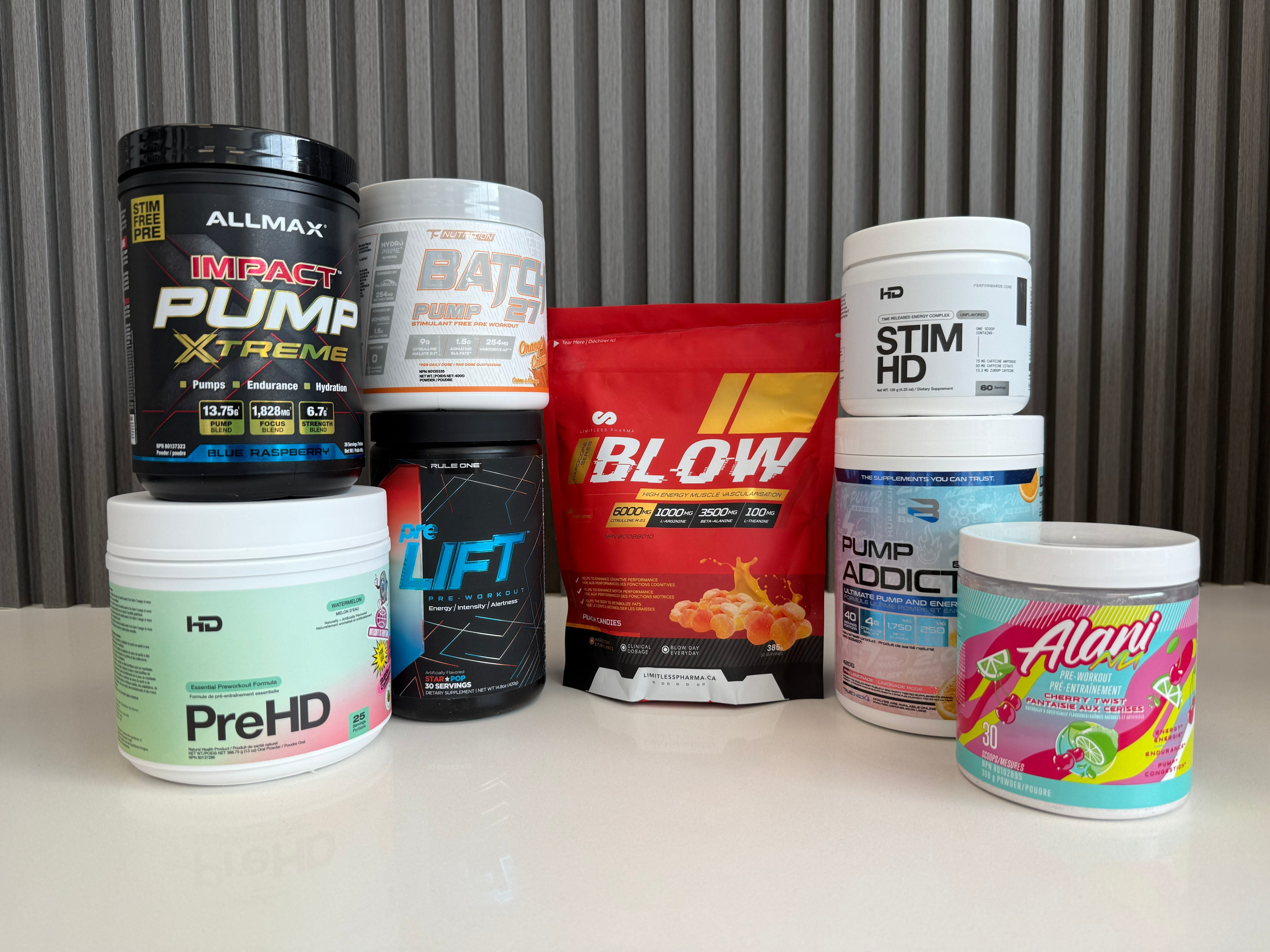
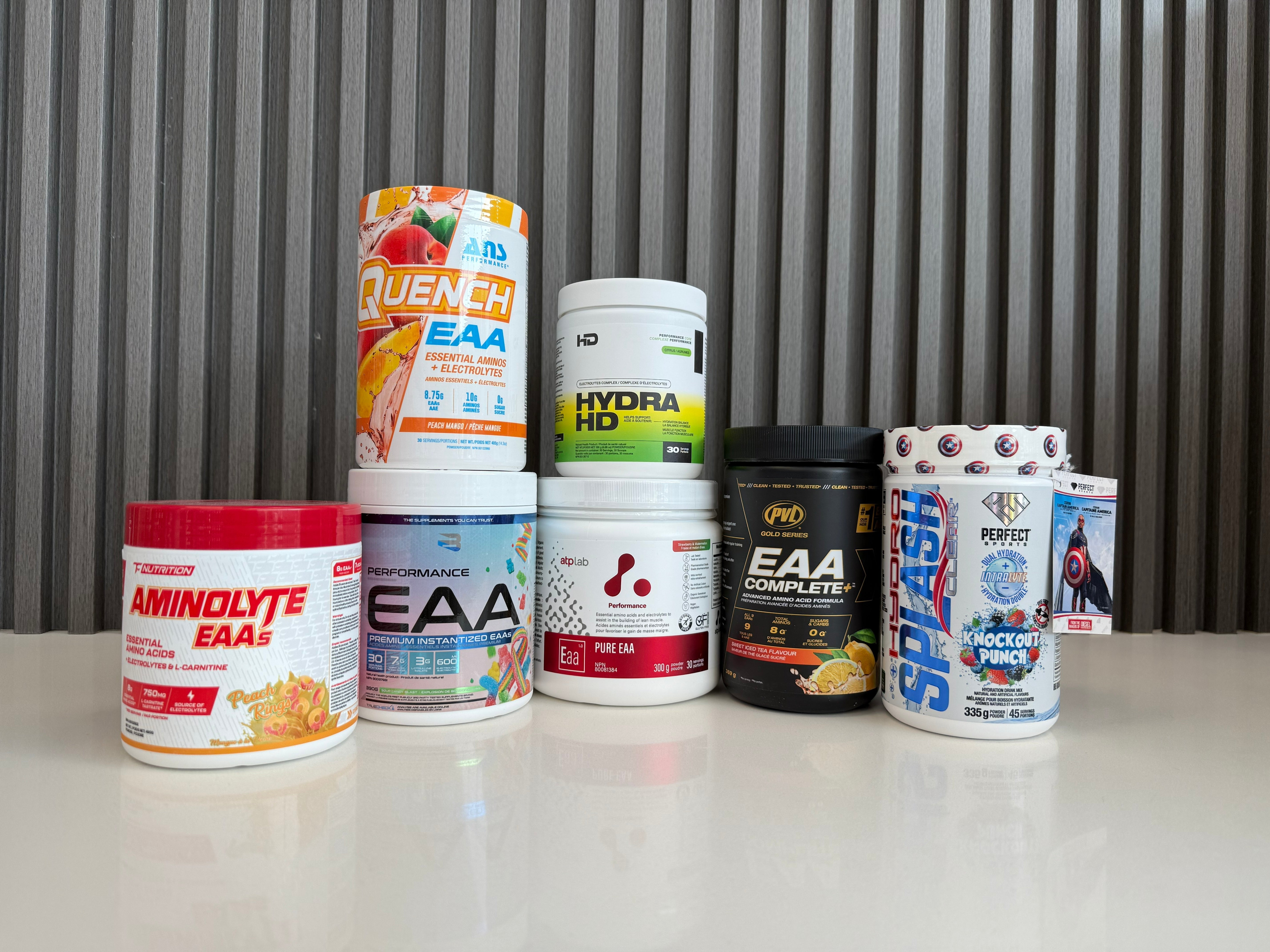
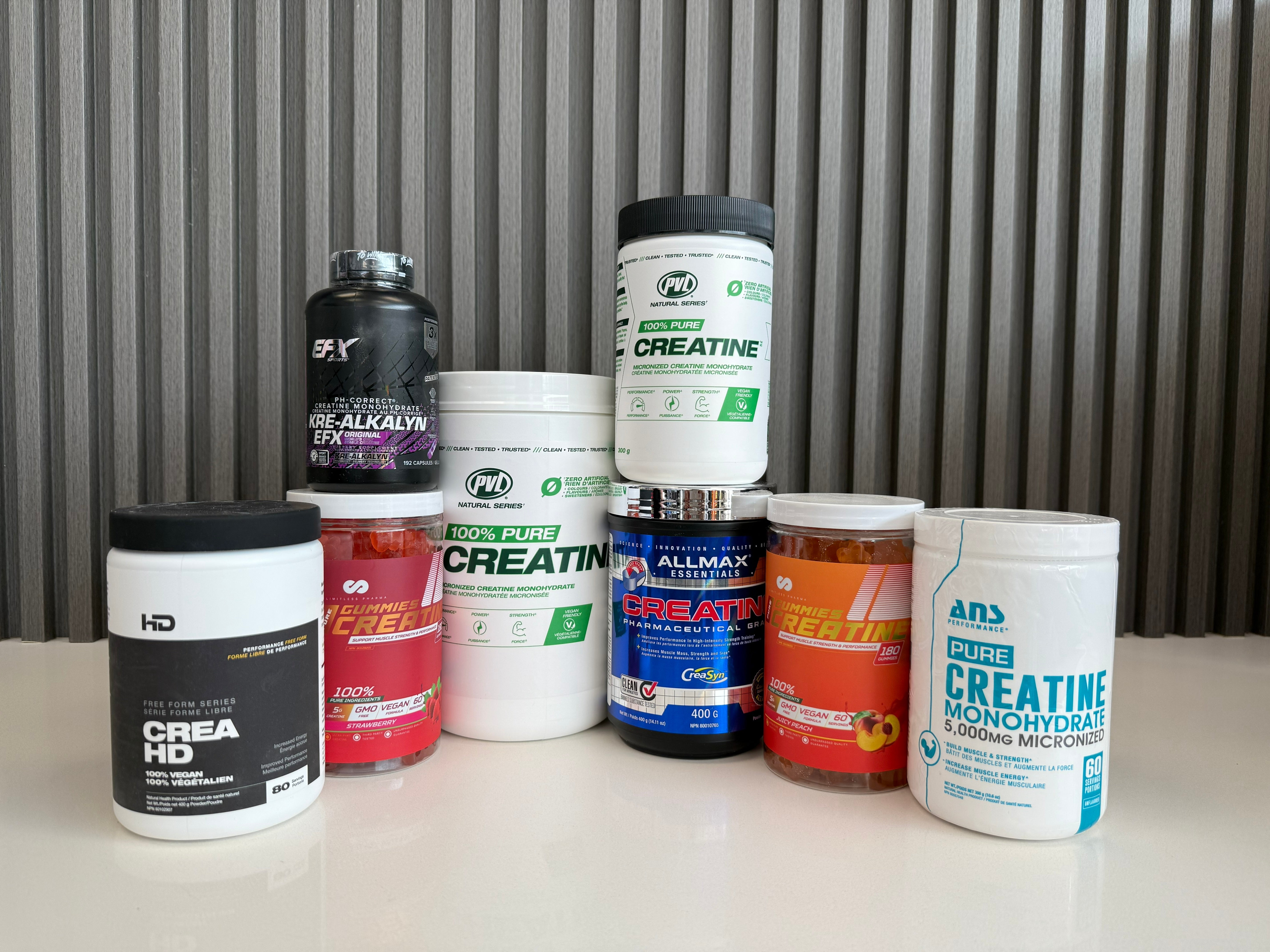
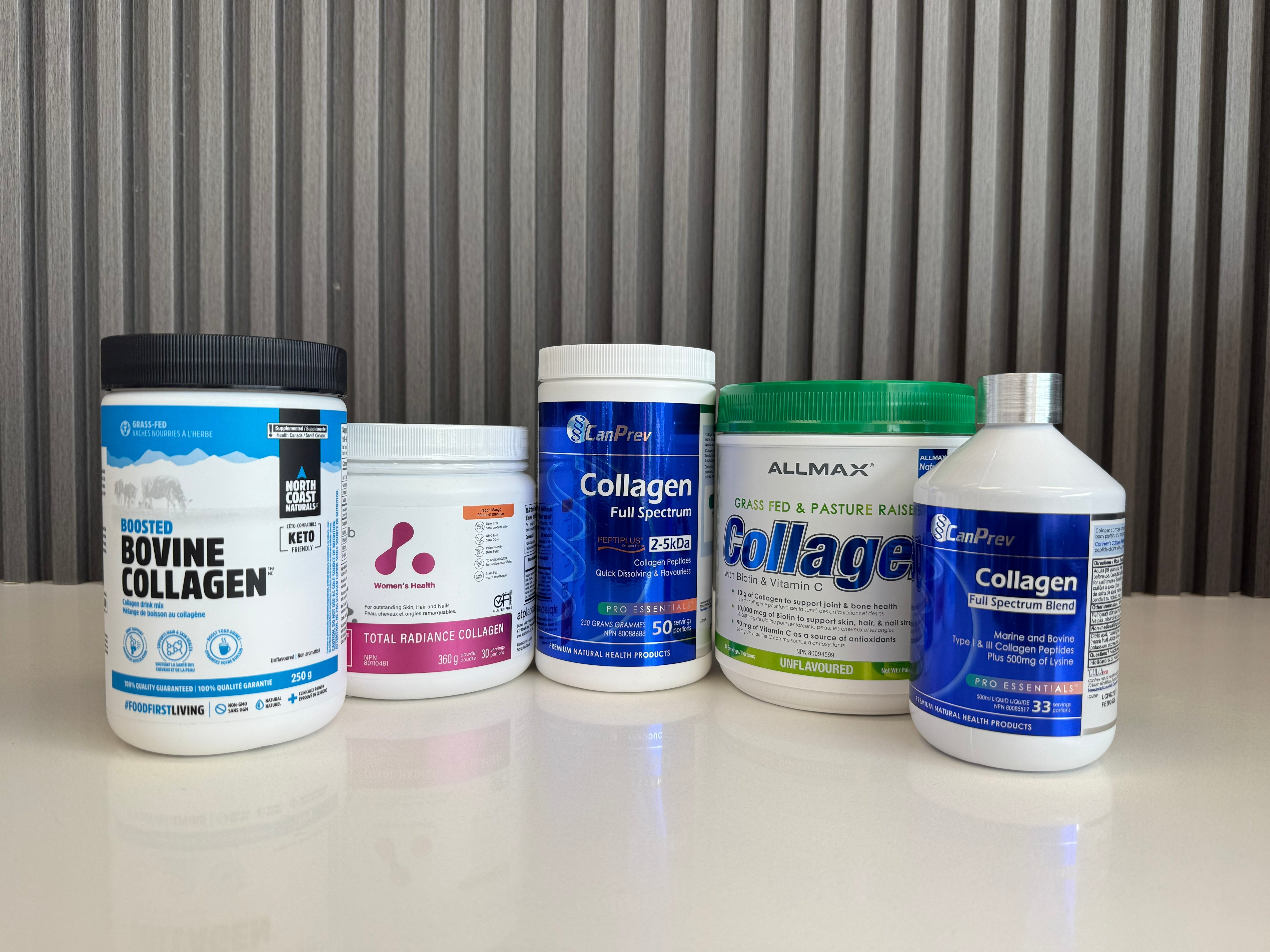
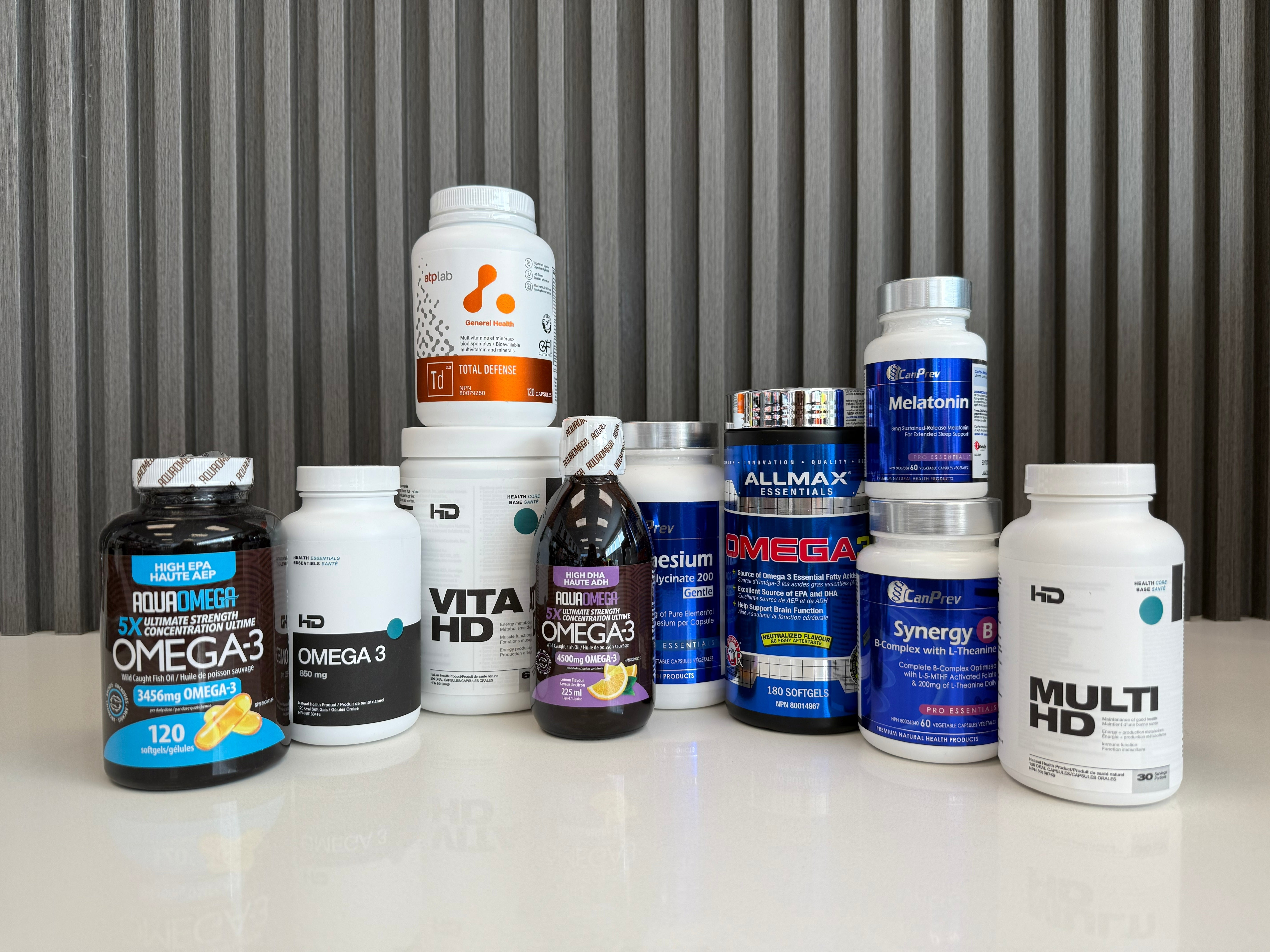
Leave a comment
All comments are moderated before being published.
This site is protected by hCaptcha and the hCaptcha Privacy Policy and Terms of Service apply.